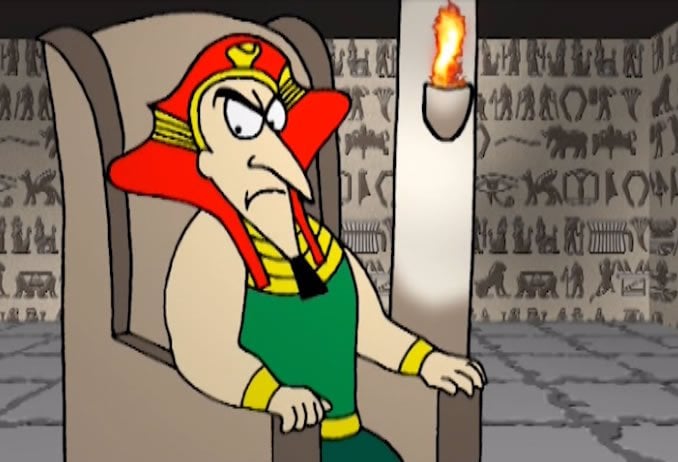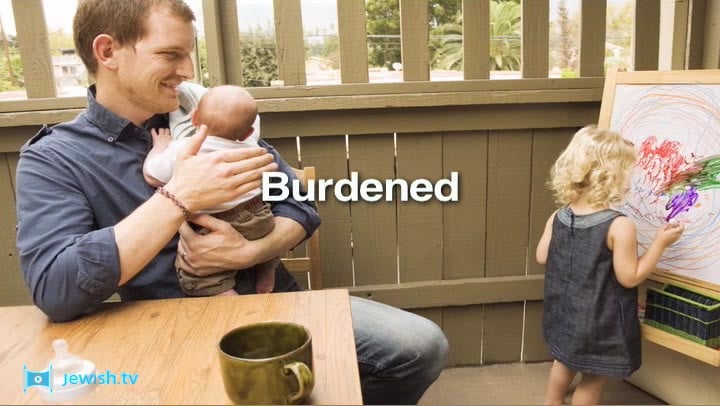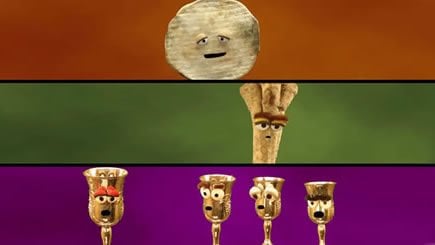ב"ה

In resolving an apparent difficulty in one of the laws of sacrifices as it is expressed by Maimonides in his Mishneh Torah, this class will address the meaning of the sacrifices in the Temple and, in so doing, will shed light on the critical difference between men and women in their spiritual makeup and in their service of G-d. (Likutei Sichos vol. 32)

The requirement to eat bland, unleavened bread i.e. Matzah made exclusively from flour and water at the Seder, is unique to our observance. By contrast, at the original Seder in Egypt on the night before the Exodus, it was permissible to eat enriched matzah, i.e. flour mixed with fruit juice or egg. In explaining the reason for this difference, this class reveals the spiritual significance of matzah and its critical message for experiencing true personal growth.(Based on Likutei Sichos vol. 16, p. 122.)

The Wise Son in the Passover Haggadah
Much has been written about the wise son's question in the Haggadah, for his question appears to betray nothing but ignorance. This talk reveals the enormous profundity of the wise son's question—a question we all need to ask. (Based on the maamar Ki Yishalcha Bincha 5738—a chassidic discourse of the Rebbe, which upon publication, he personally distributed to thousands of men, women and children)

The Dress Code for Exodus
The night before they left Egypt, the Children of Israel were commanded to eat matzah and bitter herbs together with the Paschal lamb "waist-belted, shoes on your feet and staff in your hand". Thus class will explore the spiritual dimension of this dress-code and its guidance for our personal exodus. (Based on the maamor V'kocho 5737)

Learning Likutei Sichos vol. 26, Pekudei sicha 1
Is the parsha of Pekudei a continuaton of Vayakhel or is it a new message? This hinges on the translation of Pekudei as we’ll uncover in Rashi. The spiritual message is to take action to make a personal home for Hashem, even if your intentions aren't full
Get the Chabad.org Video app

























































































































